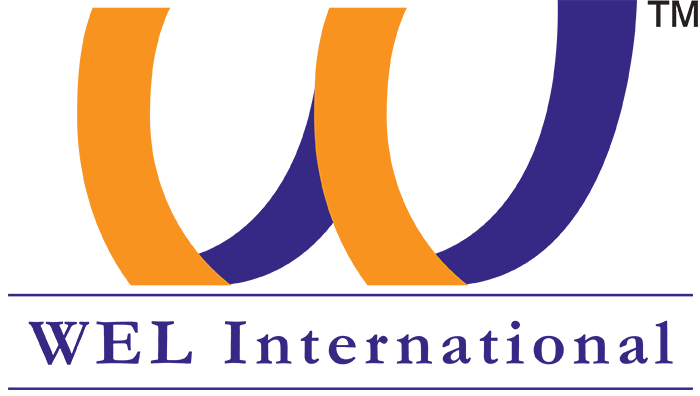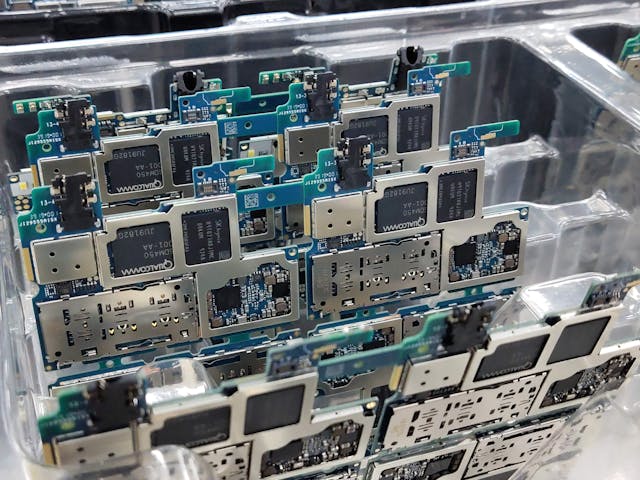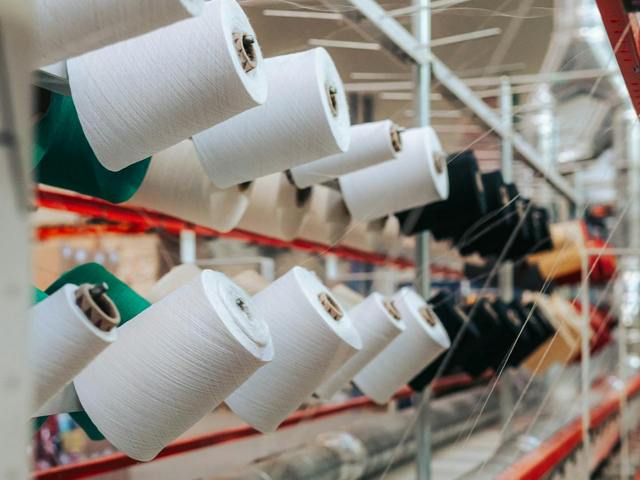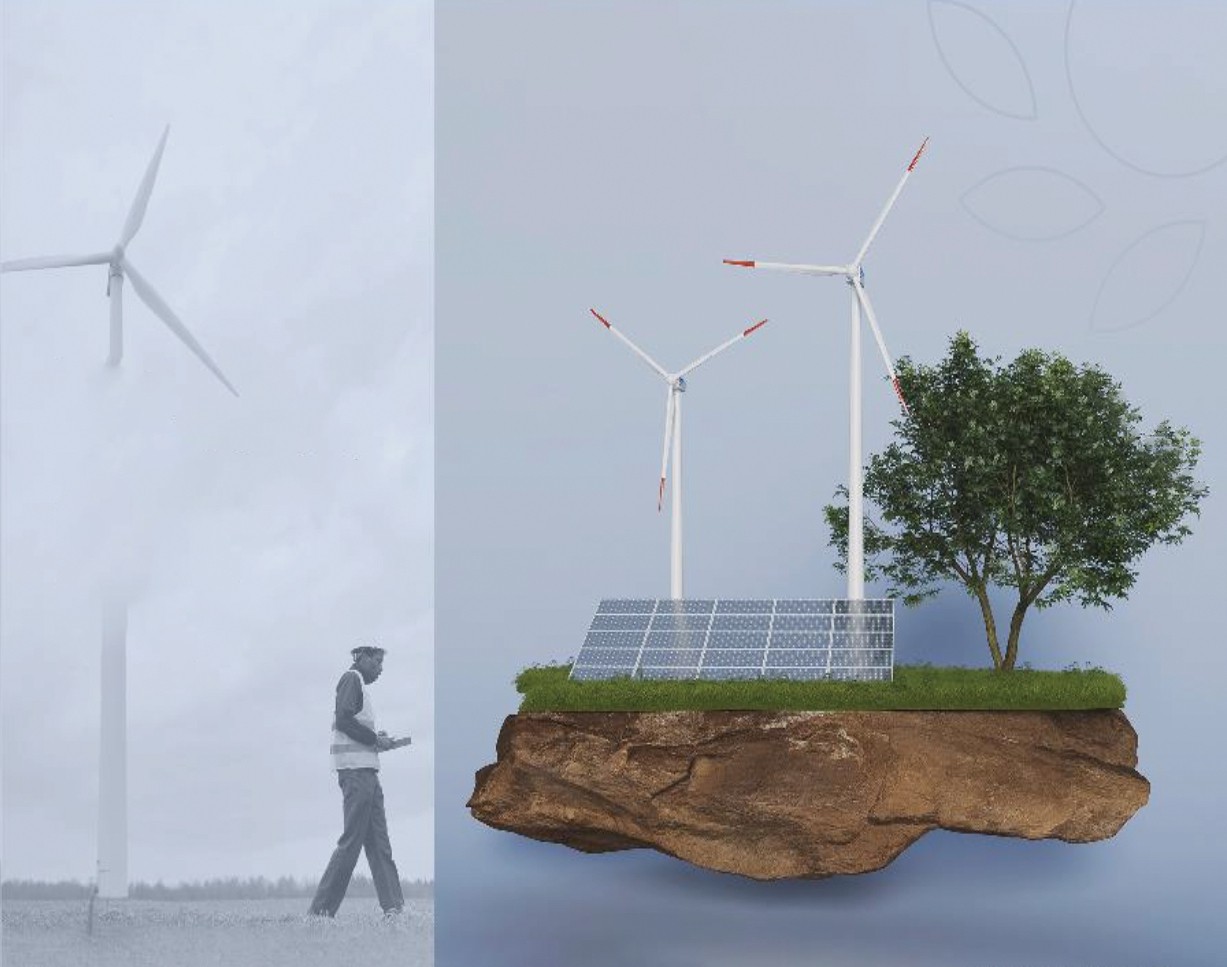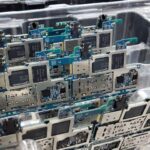Examination Malpractices Solution Printing Technology Project for Universities The Project Name UniPrint Exams Technology: Globally a better education system is a key achievement in every country therefore in light of WEL International together with our global engineering and technology partners’ development proposition of the establishment of a highly intelligent security examination technology production printing plant in Ghana to help mitigate the challenge of examination malfeasance that facing the country educations systems. WEL International in collaboration with multi-global High-Security Intelligent Printing Technology Developers, Manufacturers and International funding partners supports the project state-of-the-art engineering method to revolutionize Government Universities Education achieving success within the education sectors by designing comprehensive financial modules collectively with individuals to secure five years of long-term funds of €87.00 million flexible loan facility for the establishment of this ultra-modern high intelligence security examination printing plant, the first of its kind to be established in Sub-Sahara Africa. After the completion of the project technology development infrastructure will therefore harness the production of examination documents such as question books and answer sheets. The development will also fast-track the delivery processes of value chain material distribution logistics and processing after successful testing. The entire values are based on an examination environment of a minimum of 1.5 million and above students with 4 exams per year in more than 5000 locations. The consequences of examination malpractices are unlimited; be it to the individual, the institutions in question, society in general and the nation within which the malpractices are ripe. The very obvious of these is what has been captured by the World Bank’s dwindling standards of education. It is important to state that, with dwindling standards of education comes the hazard of improperly trained graduates not being able to perform as required of them in industry. Primarily, the industry will rely on good human resources for productivity, thus if the human resources churned out of our education system are poor, it negatively effects the industry and as such the economy at large.
